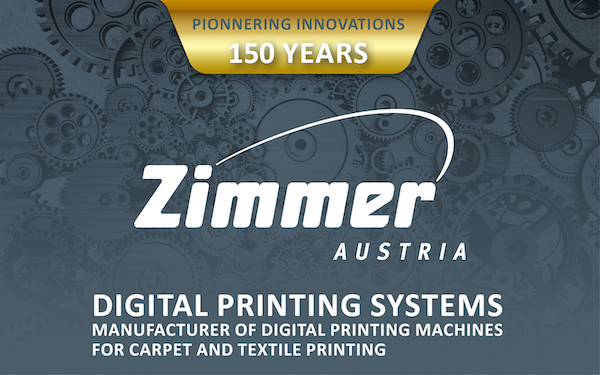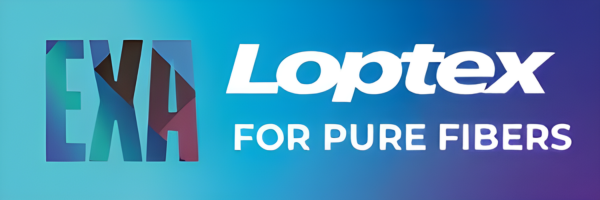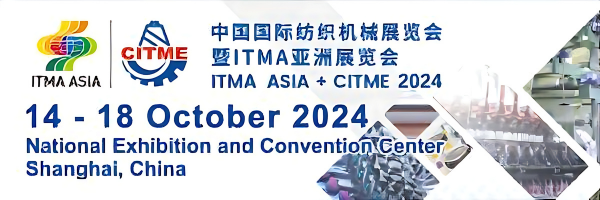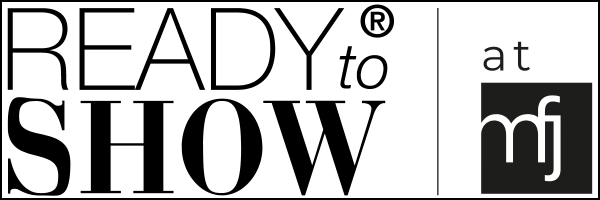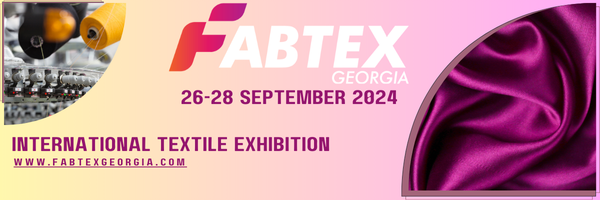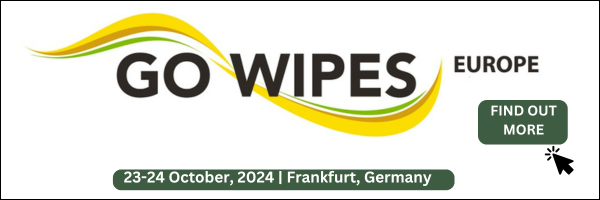In this interview with Rick Stanford from Baldwin, we explore the challenges and opportunities Baldwin faces as it expands into new markets, particularly in Asia, amidst the pandemic. Rick shares insights into Baldwin’s strategic approach and success in key Asian markets like Bangladesh, Pakistan, and India.
We also discuss Baldwin’s plans for expansion into the Middle East and Africa, as well as the unique features of Baldwin’s TexCoat precision spray digital finishing system. Finally, Rick provides an overview of Baldwin’s assessment of the Turkish textile market and its future prospects.
Can you provide insights into the specific challenges or opportunities that Baldwin has encountered while expanding into new markets, particularly in Asia, amid the pandemic?
It’s no secret that Asia is the largest producer of textiles by a wide stretch. Baldwin has been keen to move into the Asian market, but we were hampered by the pandemic.
During that time, we held countless video calls with potential new customers explaining the value proposition of TexCoat from an environmental and “bottom line” point of view. It is all but impossible to convince someone to try new technology over video.
Once the pandemic ended, we started aggressively moving into the Asian markets from West to East. Meaning, countries like Bangladesh, Pakistan and India were our first targets. In the last 1.5 years, we have signed agency agreements with local partners and had subsequently secured several new customers in these markets.
Furthermore, our China team continues to add new customers particularly those who have strong connections to Brands and Retailers that Baldwin has a good relationship. In 2024, we will sign agency agreements in Vietnam, Thailand, Indonesia and Taiwan and begin promoting TexCoat in earnest in these regions.
Given Baldwin’s recent focus on expanding into Asia and its success in the region, are there any key strategies or lessons learned that you believe could be applicable or beneficial for potential future endeavors in the Middle East and African textile industry?
The Middle East and Africa is no different than our Asia strategy. We simply had to prioritize our geographical expansion. We will begin our focus in this region near the end of 2024.
You mentioned ongoing projects in Egypt and discussions with mills in Mauritius. Could you elaborate on the objectives and scope of these projects, as well as any insights gained from these engagements that may inform Baldwin’s approach to potential opportunities in the Middle East and Africa?
We have a customer in China who will open a new factory in Egypt in late 2024. This textile producer is completely vertical from fiber to the finished garment and they are quite “bullish” on being a truly environmentally conscience manufacturer of textiles.
Because of the success they have realized in finishing applications with TexCoat, they are pushing us very hard to expand our precision spray technology in other departments of the processing plant. Mauritius only has a few textile mills, but they are progressive and very sustainably minded.
We have discussed the value proposition of TexCoat with all of the Mauritian factories. We expect some good news out of this market in the coming months.
Would you kindly provide further details regarding Baldwin’s TexCoat precision spray digital finishing system, including its specifications and unique features?
There are more than 100 TexCoat systems installed around the world. This doesn’t even scratch the surface of its potential.
The objective is to replace pad finishing applications of chemicals such as softeners, anti-microbials, durable water repellants, flame retardants, resins, etc. with TexCoat precision digital spray. On dry on wet applications, the wet pickup required to transfer the finish chemistry with TexCoat is approximately 50% of the required amount of pad finishing.
Imagine a fabric entering the stenter frame or relaxed dryer with 50% of the moisture normally required. You don’t need a calculator to understand the savings. You are significantly lowering your carbon footprint, which is great for the environment and the CEO and CFO are thrilled at the reduction in manufacturing costs.
In wet on wet applications typically found when processing knits, since the system is non-contact, there is no need to overdose the finishing chemistry as found in pad application to compensate for “dilution” and no need to empty 100-150 liter pad baths 15-20 times per day due to contamination.
Wet on wet processes with TexCoat realize chemical and water savings exceeding 50% compared to traditional pad finishing. Speed increases are more than 35%.
What is Baldwin’s assessment of the Turkish Textile Market, and could you share insights into its future, prospects, and potential?
Textile manufacturing is an important export for the Turkish market particularly into Europe. We have enjoyed good success in Turkey.
Rick Stanford mentioned, that Turkish manufacturers are looking for ways to reduce their carbon emissions, improve quality and at the same time reduce manufacturing costs. We believe the future will continue to be bright for Baldwin in Turkey.



